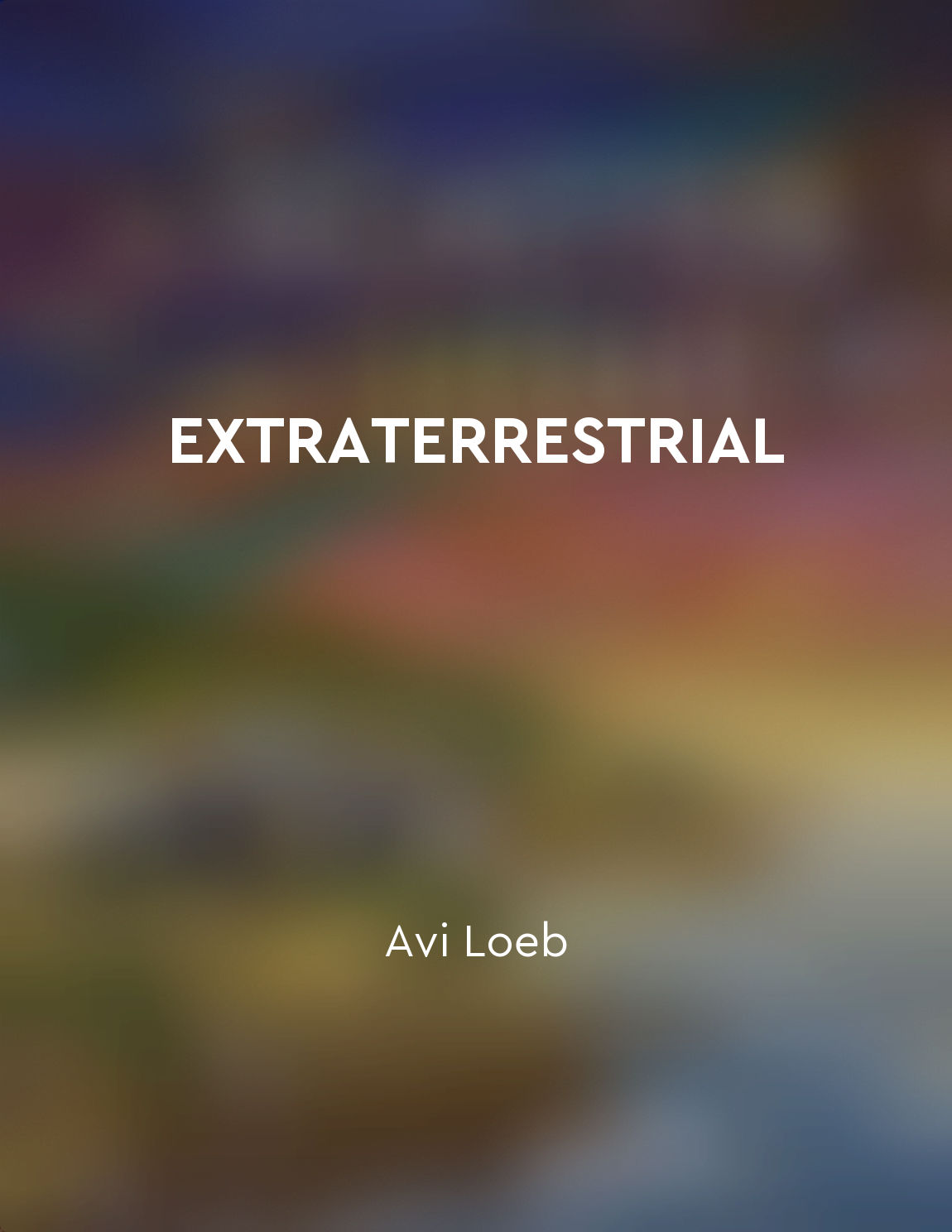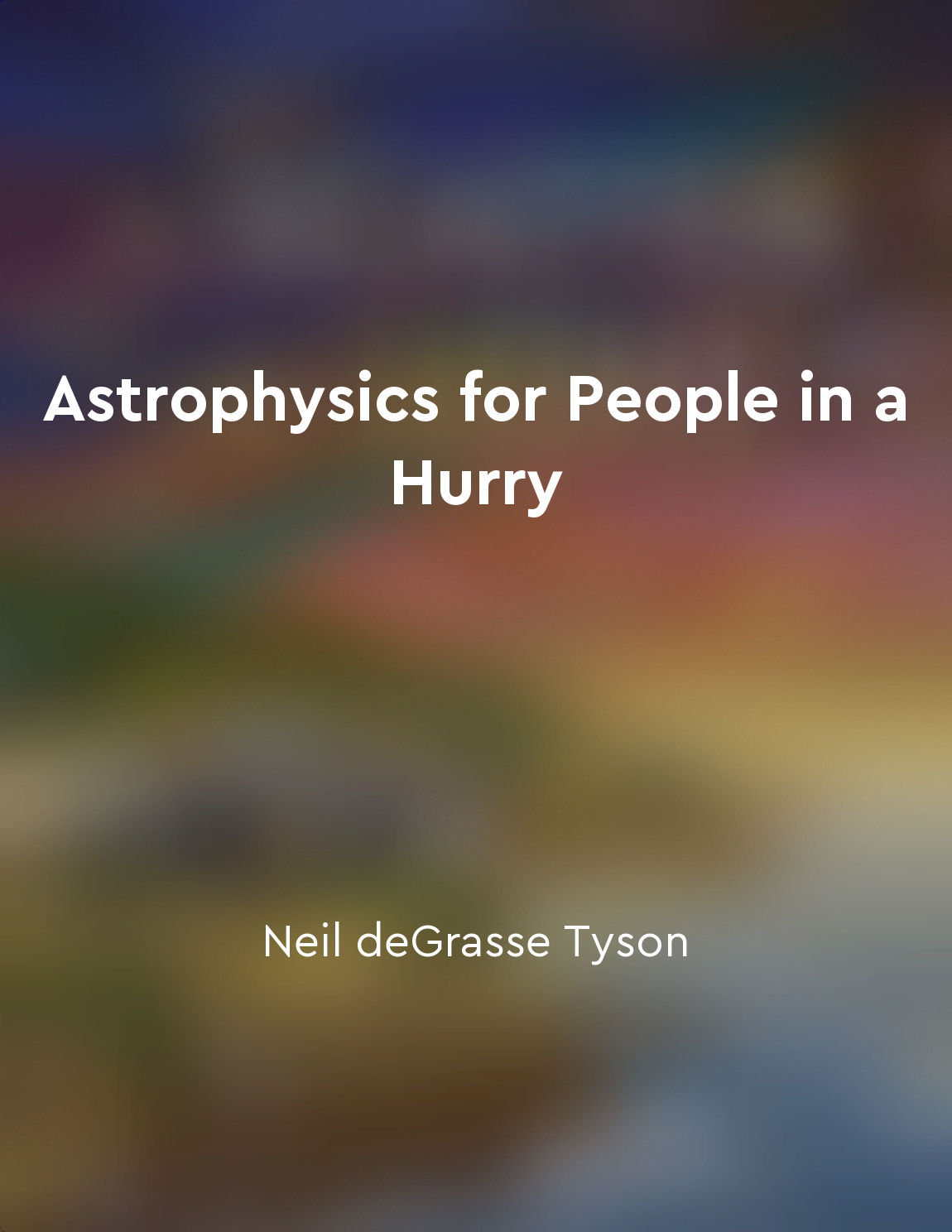Scientists have discovered thousands of exoplanets from "summary" of Exoplanets and Alien Solar Systems by Tahir Yaqoob
The hunt for exoplanets has been a fascinating journey for astronomers over the past few decades. The discovery of these alien worlds has opened up a whole new realm of possibilities and questions about the nature of our universe. Scientists have made remarkable progress in detecting and studying exoplanets, with thousands of them confirmed to exist beyond our solar system. The sheer number of exoplanets that have been identified is truly staggering. This discovery has reshaped our understanding of planetary systems and their diversity. These distant worlds come in all shapes and sizes, orbiting a wide range of stars in different locations within their respective solar systems. One of the most exciting aspects of discovering exoplanets is the potential for finding Earth-like worlds that could potentially harbor life. Scientists are constantly on the lookout for planets that lie within the "habitable zone" of their host stars, where conditions may be just right for liquid water to exist on the surface. The methods used to detect exoplanets are varied and innovative, ranging from the transit method to the radial velocity technique. Each method has its own strengths and limitations, but together they have enabled scientists to piece together a more complete picture of the exoplanet population. As technology continues to advance, astronomers are hopeful that even more exoplanets will be discovered in the coming years. Each new discovery brings us closer to answering the age-old question of whether we are alone in the universe. The study of exoplanets is a vibrant and rapidly evolving field that promises to yield even more exciting discoveries in the future.Similar Posts
Exoplanets are planets outside our solar system
Exoplanets, also known as extrasolar planets, are celestial bodies that orbit stars other than our Sun. These planets are locat...

Asteroids may carry alien organisms
The idea that asteroids might transport alien life forms from one planetary system to another is not as far-fetched as it may s...
Gravitational microlensing is another detection method
Another way to detect exoplanets is through gravitational microlensing. In this method, the gravity of a foreground star acts a...

The study of cosmic phenomena offers insights into alien life
Exploring the mysteries of the universe, we gain a deeper understanding of the possibility of alien life existing beyond our pl...

The cosmic perspective allows us to see beyond our own lives
The cosmic perspective offers a way of looking at the world that transcends our individual lives. It allows us to recognize tha...

Exploring the history of the Milky Way galaxy
The Milky Way galaxy is a vast and mysterious place, filled with billions of stars, planets, and other celestial bodies. To tru...
The mysteries of the universe inspire awe and curiosity in us all
The wonders of the cosmos have a way of captivating our imagination, stirring up a sense of wonder that transcends time and spa...
The human impact on Earth's ecosystems is significant
The Earth's ecosystems have been shaped by natural forces over millions of years. However, in recent times, human activities ha...
Interstellar travel is a distant dream, but our curiosity knows no bounds
Interstellar travel is an aspiration that has captivated the human imagination for generations. The idea of venturing beyond ou...
Embrace scientific advancements
It is imperative that we fully embrace scientific advancements as they hold the key to solving some of the most pressing issues...
